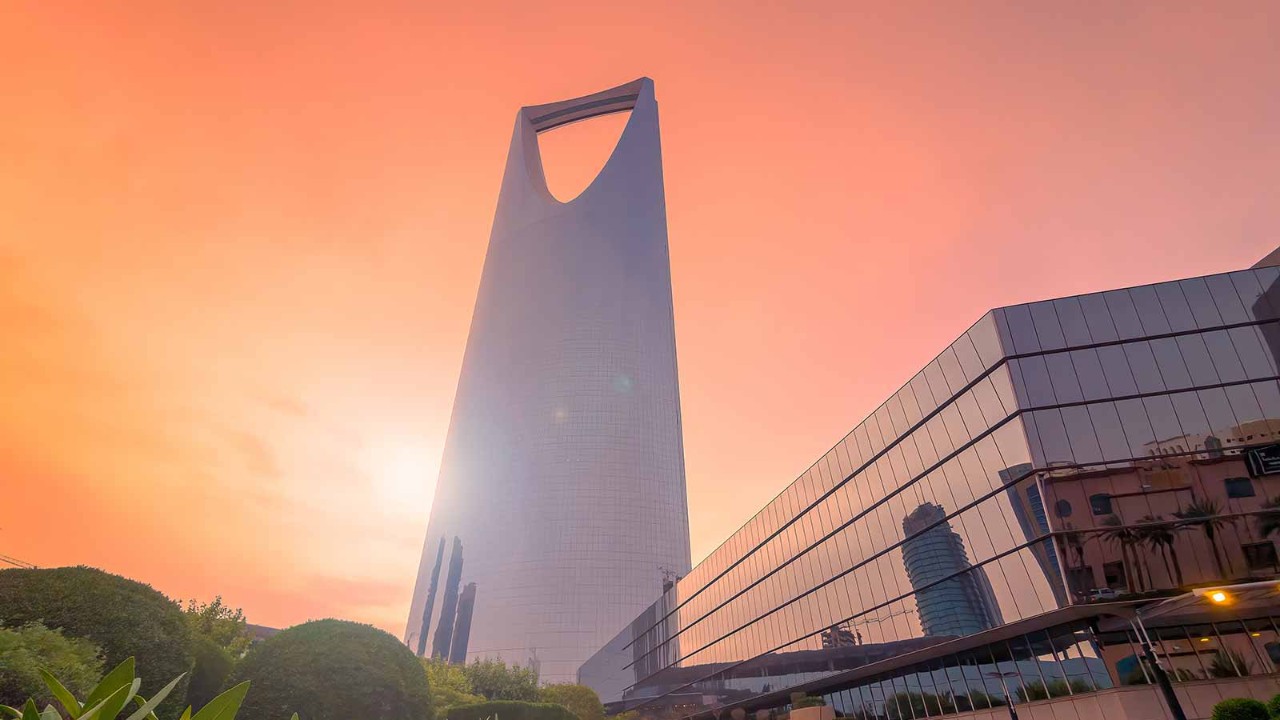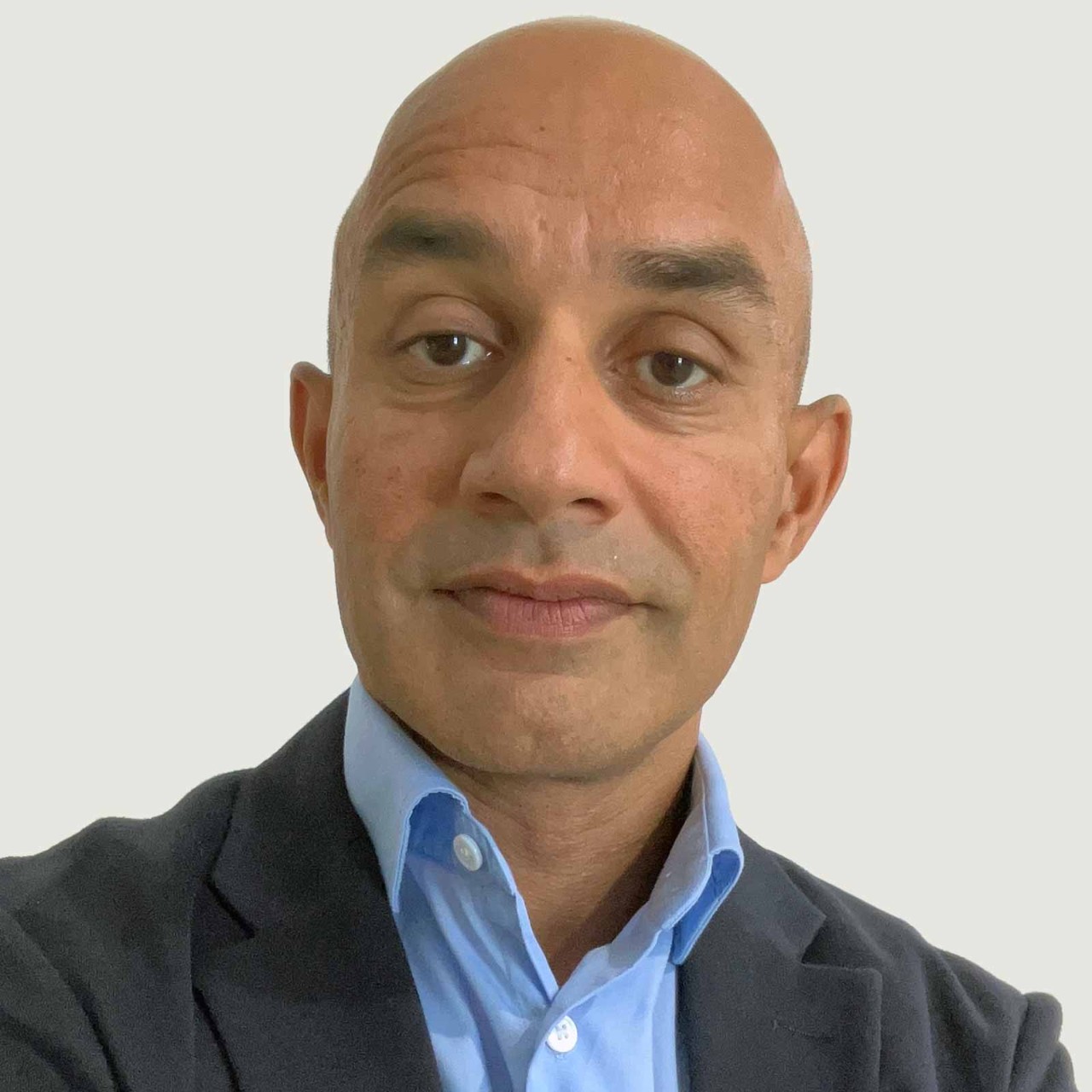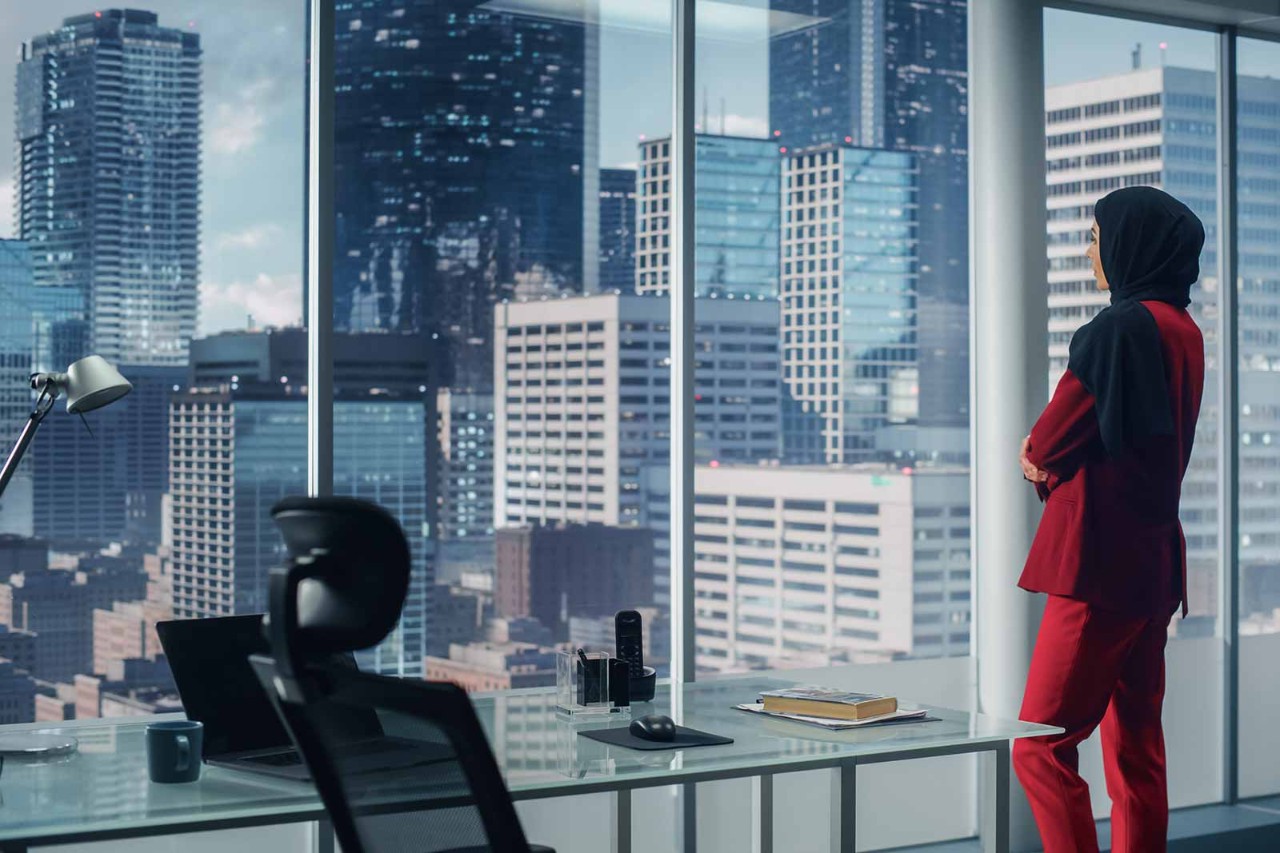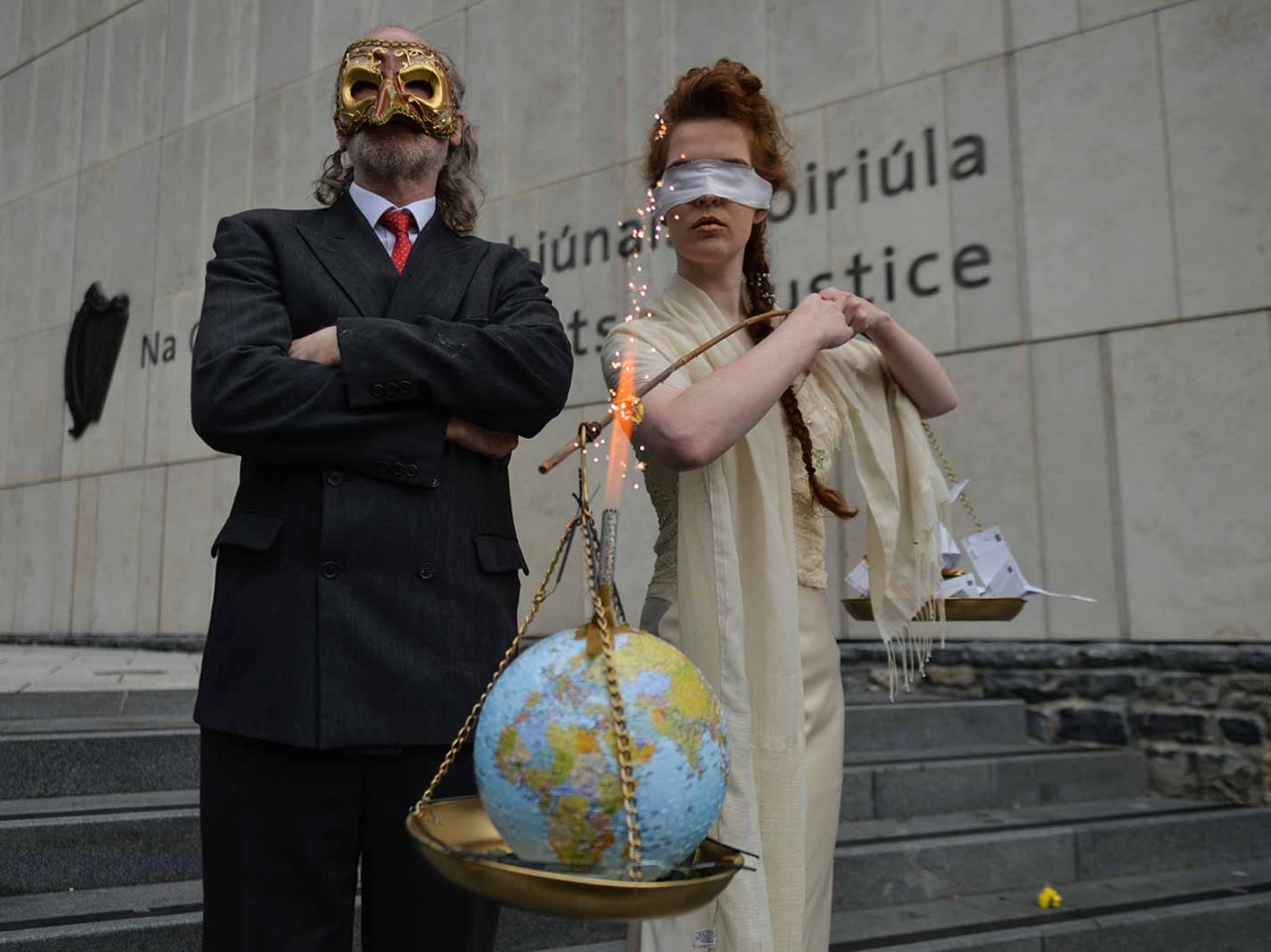
When it comes to the Middle East, Saudi Arabia stands out for a number of reasons. Not just because of its vast natural resources and the size of its economy – it has the biggest GDP of all the Gulf Arab states – or for the massive projects it has on the go. But also due to the deal-making possibilities as the country courts foreign companies to partner with. It is all part of the kingdom’s grand plan to position itself as a global deal hub in the Middle East.
These ambitions came a step closer in October when the city of Riyadh hosted the Future Investment Initiative (FII). Nicknamed ‘Davos in the Desert’ and now in its sixth edition, the economic forum brought together key decision-makers from around the world, along with billionaire investors and high-profile bankers including the CEOs of JP Morgan Chase and Goldman Sachs.
Although Western leaders largely stayed away, political re-engagement with Saudi Arabia is now well under way. The US and French presidents and the UK prime minister have all paid visits to the country’s de facto ruler Crown Prince Mohammed bin Salman this year.

Many are understandably attracted by the lure of multibillion-dollar projects
Billions in business
The exclusive cabal of executives and investors from global institutions and organisations that did turn up discussed a host of topics across the many sectors where Saudi Arabia is seeking investment and partnerships, such as energy, tourism, transport and entertainment, as well as cryptos, artificial intelligence and sport. Many are understandably attracted by the lure of the multibillion-dollar projects the country has in the pipeline.
The country’s Vision 2030 national plan, a series of huge projects and developments that cover energy, construction, engineering, renewables, travel and tourism, offers a ready-made platform for billion-dollar deals and contracts spread over many years. With such a lucrative pie on offer, small wonder that so many came to this year’s Davos in the Desert seeking a slice.
One of the high-profile projects planned under this national vision is Neom, a mega-city under construction at an estimated cost of US$500bn. Despite some doubt over Neom’s status and progress, it is set to be one of four lucrative state-backed mega-projects being rolled out to help diversify the kingdom away from oil and gas.
Beyond the big bucks
While mega-developments such as Neom and the Diriyah Gate tourism project often grab the headlines to showcase Vision 2030, the national plan has six overarching objectives, two of which are purely financial – to grow and diversify the economy and increase employment.
Saudi Arabia has accordingly made it easier for businesses to start up and operate in the country and has improved investor protection. It has removed a cap on foreign ownership of publicly traded companies. And it has launched a privatisation drive across the water, healthcare and transport sectors to unlock value from its state-owned assets, attract foreign direct investment and advance its capital markets. Persuading more multinational companies to set up their regional headquarters in the kingdom, competing with the likes of nearby Dubai and Abu Dhabi, is also expected to boost local employment.
The state investment fund has been pouring billions into renewable energy, both at home and abroad
Outward-bound
The investment opportunities on offer at the FII are a two-way street. As well as seeking investment and signing deals, Saudi Arabia is funding many projects around the world, particularly in the green economy space. Its sovereign wealth fund, the Public Investment Fund, is one of the largest in the world and has been pouring billions of dollars into renewable energy, both at home and abroad.
Aramco Ventures, which promotes the investment policy of Saudi Arabia’s national oil company, used the FII to launch the world’s largest investment fund dedicated to sustainable development. A sum of US$1.5bn will be used to support the most innovative solutions in the fight against climate change around the world.
The high-profile guests and the buzz that accompanied this year’s FII have certainly boosted the country’s position as a growing deal hub, not just in the Middle East but also globally. While Davos in the Desert takes place only once a year, its potential to generate a deluge of ongoing deals has been confirmed. More than US$9bn in 28 investment deals were signed at this year’s event, including one with India’s Eros Media for an investment of US$100m in the production of film and entertainment content.
With so much activity now flourishing under the FII umbrella, a place in the desert kingdom’s business sun is beginning to look more attractive to global businesses than ever.


